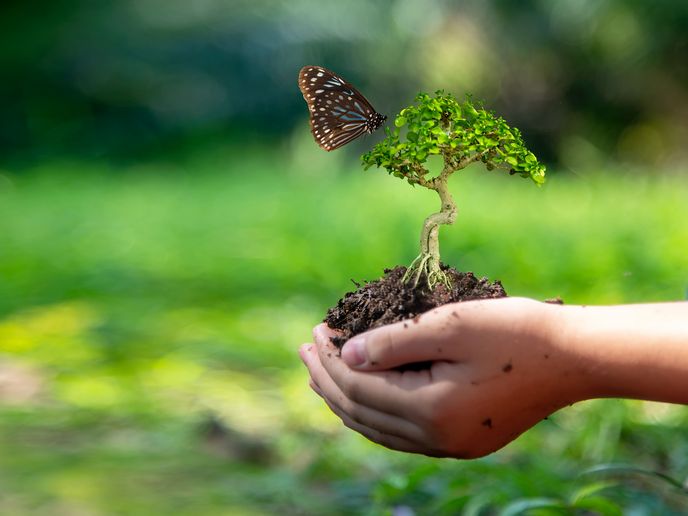Pointing the way to greater biodiversity
Intensive and extensive farming are one of the key culprits of Europe’s declining biodiversity. To address this problem and progress towards sustainable agricultural production, many EU Member States have included farmed lands in their conservation efforts. This benefits farmland biodiversity, which is known to provide important ecosystem services. But how do these services affect farmers? The EU-funded SHOWCASE project has now published a policy brief that sheds light on the situation and offers some policy recommendations. The brief was to be distributed at a side event of the Fifteenth meeting of the Conference of the Parties to the Convention on Biological Diversity on 10 December 2022. According to the policy brief, only ecosystem services such as pollination, pest control and nutrient cycling may provide private benefits to farmers. Services such as carbon sequestration, biodiversity conservation, health benefits and water purification are public goods that offer them no financial rewards. “For farmers, the costs of maintaining or enhancing biodiversity are equal or larger than the benefits they obtain from ecosystem services,” report the authors. The message is therefore clear: “Bending the curve of biodiversity loss is only possible when biodiversity-enhancing management on farms becomes economically rewarding.”
Recommendations for change
Policy recommendations to combat the negative side effects of farming on biodiversity conservation include phasing out financial incentives for farming systems that perpetuate biodiversity loss and requiring food processors and retailers to use or carry more products from nature-positive businesses. Additionally, subsidy support for agricultural products originating from biodiversity-enhancing farming systems should go beyond compensating the loss of income. Last but not least, promotional funding should be redirected to support biodiversity-enhancing farming systems and policy interventions should target all actors across the food supply chain. “Currently, world trade regulations force farmers to produce at the lowest costs,” states Prof. David Kleijn of SHOWCASE project coordinator Wageningen University, the Netherlands, in a ‘EurekAlert!’ news release. “Society should acknowledge that we cannot expect farmers to manage their land in a more biodiversity-friendly way if they bear most of the costs but society reaps most of the benefits such as more wildlife, clean water and reduced greenhouse gas emissions. If we want to change the way they farm, we should make it economically interesting for them.”
Behind the scenes of the SHOWCASE project
The EU is investing more and more in research and innovation projects that promote biodiversity in farming practices. To give us greater insight into both the outcome of such projects and how they progress from conceptualisation to the final results, SHOWCASE has launched an open access collection in the ‘Research Ideas and Outcomes’ journal. Serving as a one-stop knowledge hub, the collection unites research outputs such as mid-project deliverables with traditional scientific publications, thus providing a clearer picture of the project’s progress from start to finish. As reported in another ‘EurekAlert!’ news release, the dynamic collection currently “hosts a total of 17 project outputs, including the grant proposal, seven project reports and nine research papers, published in different journals, but linked through their metadata in the collection.” The collection will continue to grow as SHOWCASE (SHOWCASing synergies between agriculture, biodiversity and Ecosystem services to help farmers capitalising on native biodiversity) progresses. The project ends in 2025. For more information, please see: SHOWCASE project website
Keywords
SHOWCASE, biodiversity, farming, farmer, ecosystem service, policy



